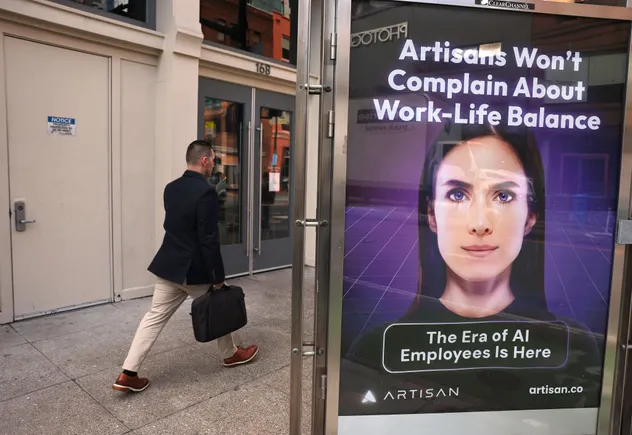Young professionals are driving most of the momentum in learning related to artificial intelligence tools, with 66% of AI students falling between the ages of 20 and 30, according to an Aug. 5 report from Superprof, a tutoring network.
The most commonly taught topics include machine learning, deep learning and natural language processing. Along with technical know-how, AI tutors said workers also need to stay competitive by building human skills like problem solving, critical thinking and emotional intelligence.
“Young professionals are eager to learn about AI, and that demand is reshaping the tutoring landscape,” Mina Ozdemir, public relations manager at Superprof, said in a statement. “At the same time, our tutors are urging caution. They see incredible promise in this technology but also serious risks we can’t ignore.”
In a survey of 41 AI tutors in the U.S., every tutor said tools such as ChatGPT have made them more productive, including 63% reporting “extreme” improvement. However, they also voiced concerns: 80% said they expect AI will increase the spread of misinformation and more than half said stronger government oversight is needed.
Even so, the AI tutors emphasized positive aspects, saying the tech could support industries in transition, cut down on repetitive tasks and even fight misinformation.
As AI becomes more prevalent in workplaces, workers are bracing for change by building skills and embracing learning opportunities. Two-thirds of workers said they’re personally funding AI tools for work, according to a Gusto survey, as well as paying for their own training.
Although some AI tools may redefine certain tech-related activities, such as data analysis and process monitoring, skills that require human interaction and coordination will grow in demand, according to research from the Stanford Institute for Human-Centered AI. Effective communication, collaboration and training programs, for instance, will become more important and command higher pay, the study found.
Most workers say they want to improve their AI-related skills, but only a third have received formal training from their employer; and that training is often focused at the C-suite or executive level, according to a BambooHR report. This “birth of a new digital divide” could shift workplace power dynamics and widen gender gaps, the report found.






Leave a Reply